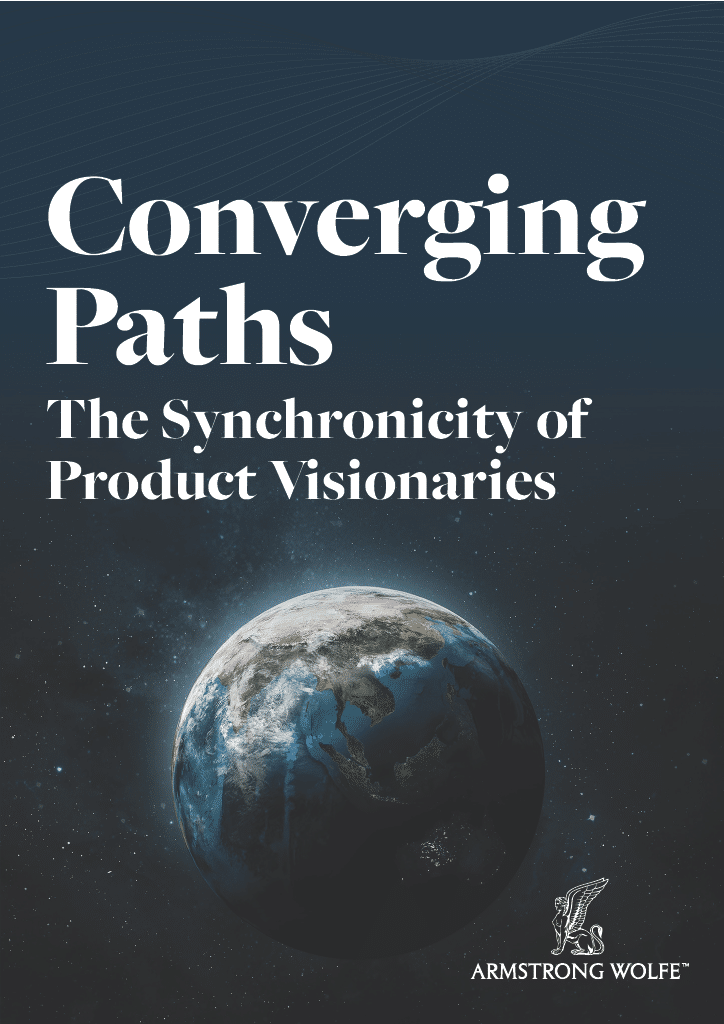Artificial Intelligence - Where Are We Now?
Forum Summary Dec 2023
The evolution of artificial intelligence (AI) has been a journey of transformative technological advancements.
Once it was big data that dominated the tech scene; now, AI is at the forefront. AI encompasses a wide spectrum of technologies, which require contextual understanding, a vastly broad spectrum varying in type, design, capability, and function.
The last two decades have seen much of this evolution: from machine learning in the early 2000s, focusing on data analysis by computers, to the integration of neural networks for understanding behaviour, and now to the era of generative AI, where large language models (LLMs) are becoming ubiquitously known in society, and frequently used in business.
Even the most technologically advanced organisations, like OpenAI, cannot fully detach their AI offerings from the effects of human nature and human error, as evidenced by the recent controversy over the firm’s leadership.
This highlights the continued importance of human behaviour and culture in driving both organisations and AI programmes, even as we step towards Artificial General Intelligence (AGI), where machine culture might emerge.
The current hype around AI is substantial, however, with business owners contemplating shifting various functions to AI to reduce costs, even considering AI as a potential avenue to replace roles traditionally thought of as typically human, like those in sales.
However, the reality of using and implementing AI in the business sector is far more nuanced. It requires adaptation and fine-tuning for specific purposes, but when trained for specific tasks with reliable and extensive data, it can yield impressive results.
It is not, however, a general solution to all problems associated with financial services. It must be selectively and strategically deployed if it is to yield effective results. For generative AI to be effectively integrated into core solutions, a carefully curated dataset is crucial. AI models, particularly in regulated industries, require rigorous and ongoing supervision.











